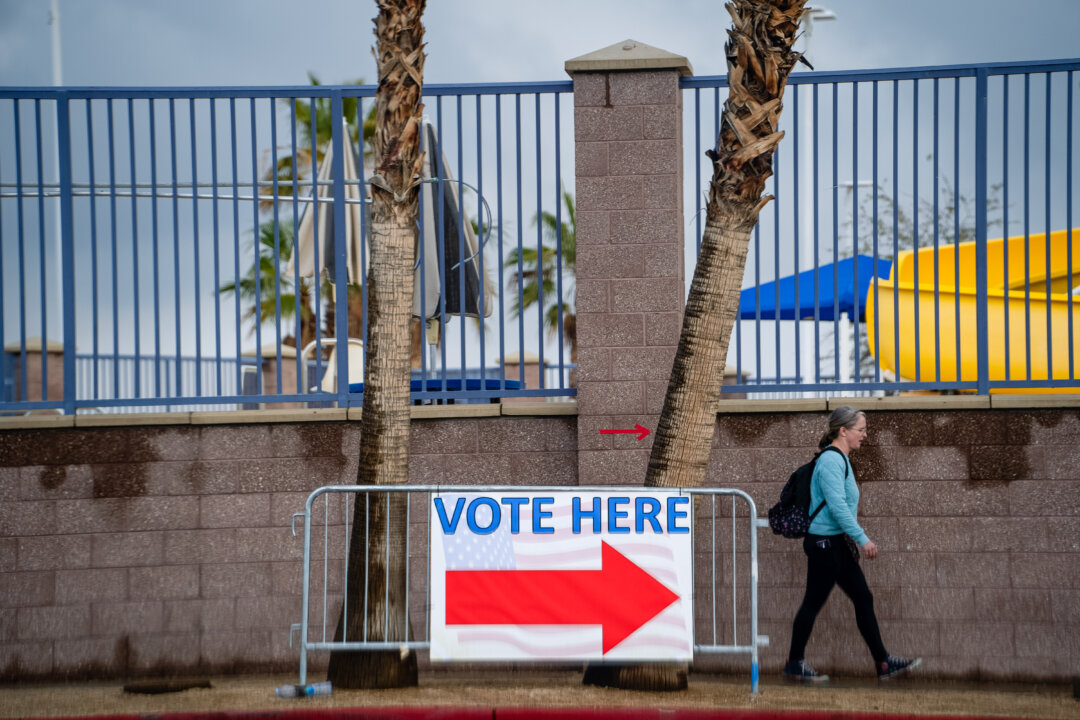A federal judge dismissed a lawsuit alleging Nevada’s voter rolls were inaccurate, citing lack of evidence for concrete legal harm.
A federal judge has dismissed a lawsuit brought by the Republican National Committee (RNC), the Nevada GOP, and individual Nevada voter Scott Johnston, alleging that Nevada’s voter rolls were inaccurate and violated federal law. The plaintiffs claimed that several counties in the state had more registered voters than eligible adult citizens, which they argued heightened the risk of voter fraud and diluted legitimate votes ahead of the November election.
In a ruling issued on Oct. 18, U.S. District Judge Cristina Silva rejected the lawsuit, siding with Nevada Secretary of State Francisco Aguilar and county election officials. The judge found that the plaintiffs had failed to establish standing under Article III of the Constitution, which requires a concrete injury for federal courts to have jurisdiction.
“To have standing under Article III, a plaintiff must allege an injury in fact that is ‘concrete and particularized and actual or imminent, not conjectural or hypothetical,’” Silva wrote in her decision. Siding with the defendants, she found that the plaintiffs’ concerns about vote dilution were “generalized and speculative,” and therefore insufficient to warrant judicial intervention.
The lawsuit, first filed in March 2024 and amended in July, argued that Nevada had violated the National Voter Registration Act (NVRA) by failing to properly maintain its voter rolls. The plaintiffs pointed to six counties, claiming voter registration rates exceeded the number of eligible adult residents in several areas, such as Douglas County with a registration rate of 106 percent and Storey County at 115 percent. They contended that these inflated rolls could enable voter fraud and undermine election integrity.
The plaintiffs further claimed that Nevada’s transition to universal mail-in voting—where all active registered voters receive a ballot unless they opt out—made maintaining accurate voter rolls more critical. “Mailing ballots based on inaccurate registration lists further damages the integrity of Nevada’s elections,” they argued in the amended complaint.
The plaintiffs sought a declaratory judgment that the state’s voter list maintenance procedures were in violation of Section 8 of the NVRA, which requires states to make reasonable efforts to keep voter rolls up to date. They also asked the court to compel the Secretary of State to implement stricter list maintenance protocols ahead of the 2024 election, including verifying voter eligibility.
In a motion to dismiss the case, the Nevada Secretary of State and co-defendants argued that the lawsuit was based on “misleading data” and that “Nevada is a leader in list maintenance.” They also argued that allegations that Nevada’s inadequate voter roll maintenance practices undermined confidence in election and claims of vote dilution based on voter fraud were “too generalized and speculative to confer standing.”
Siding with the defendants, the judge concluded that the plaintiffs had not presented sufficient evidence to show that the state’s list maintenance practices posed a legitimate threat of fraud or injury to their voting rights. She also found that the concerns tied to Nevada’s universal vote-by-mail system were too speculative to support the claims.
“Plaintiffs’ vote dilution claim is too speculative,” Silva wrote in her decision. “At most, the amended complaint merely insinuates that voter fraud could happen, not that it is ‘certainly impending’ or that there is a ’substantial risk’ that it would happen due to inaccurate voter rolls.”
The judge dismissed with prejudice the claims made by the individual Nevada voter, Scott Johnston, meaning he cannot refile them. However, she allowed the RNC and Nevada GOP to file an amended complaint by Nov. 1 that addresses the legal standing issues.
A request for comment sent to the Nevada GOP regarding the ruling was not immediately returned.

